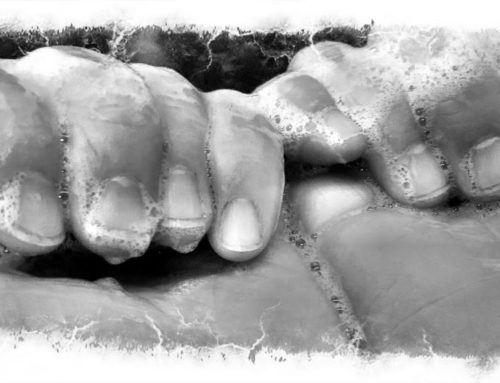While it is uncomfortable and, at times embarrassing, farting can be a very inconvenient but necessary function of our bodies. Let’s dive a little deeper to first explore why we fart and, the more important fact, why you should never hold them in.
Gas 101
Your body builds up gas from the foods you eat or from a collection of air in your stomach. A burp is caused from swallowing air, there is an increase in this with chewing gum or talking. However; the cause of a fart is a little less straightforward. Sometimes the foods we eat cause fermentation in the stomach that causes acidity and gas. Another cause might be an intolerance to the foods we choose to eat, light gluten or dairy, that turns our stomachs against us leading to gas build up and ultimately farting.
The Facts
The average person passes gas 10-20 times per day, often without even realizing it. Farting is a normal product of processing food. While you might be able to get away with holding in your farts temporarily; as soon as you get distracted, the flood gates will probably open. While holding in your farts won’t harm you it can still make you feel like the clothes that fit you perfectly yesterday are two sizes too small currently. The more important fact is that anything that affects your downstream will affect upstream too. This leads us to the most important part; what happens when you hold your farts too long.
The Dirt
While social culture teaches us that holding in farts is socially acceptable it is better to let it go than to hold it in. When you hold your farts in one of three things happen according to LinkedIn:
- COMPOUND FARTS: essentially one fart adds to another and the stink factor multiplies too. When you let this fart go you will be offending the people around you more than if it was just let out in manageable doses.
- FART KARMA: they explain that holding in the pressure at the end of the chain just pushes the pressure back up the line. There are a series of chambers in your intestines that are all separated by a sphincter and only the last sphincter do we have any control over. This results in the pressure causing a similar farting noise to occur at the upper end of the line that you have no control over.
If you remember anything from this public service announcement it is this…
- FART BREATH: that’s right, holding in your farts can lead to fart breath. When gas hangs out in your intestines too long it can begin to reabsorb into your bloodstream. It is then carried to your lungs where it is processed out and leaves when you exhale.
From our family to yours; while it may seem uncomfortable and, at times, inappropriate remember to let the farts go when you feel the urge. Remember, while no one likes to fart it allows those around us to take the smell in manageable doses, keep the sound down at the end of the line where it belongs, and most importantly keeps the gas from traveling out your mouth.
Links:
- Learn the meaning of your farts from Healthy and Natural World
- 12 Fun Fart Facts from buzzfeed
- wikiHow teaches us how to fart discreetly!






